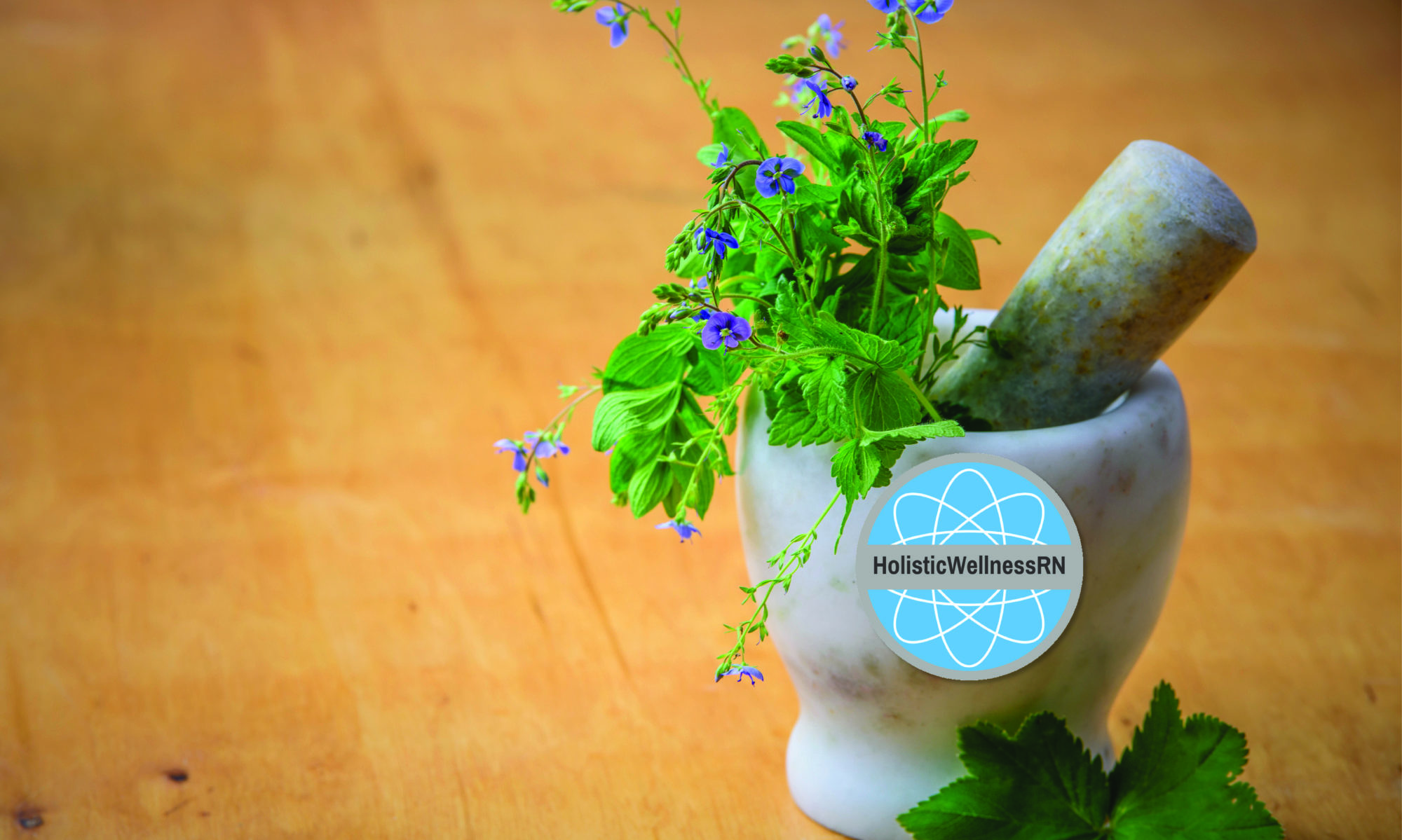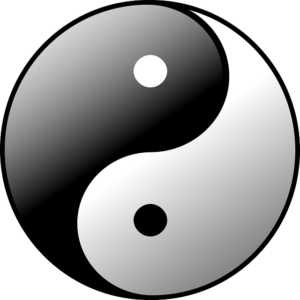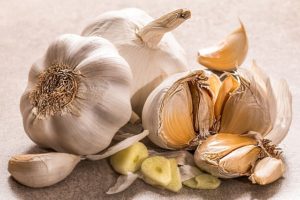What is herbalism?
Herbal medicine, as the name suggests, relies on herbs to relieve symptoms. Herbalism (also herbal medicine or phytotherapy) is the study of botany and use of plants intended for medicinal purposes or for supplementing a diet.
Conventional medicine is the usual term used for modern Western medicine. It often relies on over the counter or prescription drugs in order to relieve symptoms.
Many conventional medical practitioners look down on herbalism as myth or “old wives’ tales,” but the truth is that herbs and botanicals are the source of more than 70% of the drugs used in conventional medicine, with even more on the way in the drug development pipeline.
A history of herbalism
Herbalism dates back to the dawn of time, with a great deal of trial and error. Our ancestors would have learned through testing, observation, and passing on the knowledge, what was safe and what wasn’t, and what could help treat things like wounds or stomach upset.
Ayurvedic medicine, considered the “mother of all medicines,” has been practiced for more than 5,000 years, and are the earliest written medical texts.
Traditional Chinese Medicine (TCM) derives from Ayurveda, and is around 3,500 years old.
Celtic and European herbalism were practiced for thousands of years, but the knowledge was passed down orally. Eventually, some texts were produced by the Ancient Greeks and Romans.
Those texts were used to train doctors for many years, and conventional medical doctors still take the Hippocratic Oath, named after Hippocrates, (c.460-377 BC), a Greek physician who lived on the island of Cos and founded a medical school there.
https://www.medicinenet.com/script/main/art.asp?articlekey=20909
Native American herbalism was also passed down orally. There is a growing appreciation of it as more research is conducted as to the effectiveness of various plants in treating illness.
Key differences
Conventional medicine usually treats the symptoms. Herbal medicine, on the other hand, is holistic, and looks at the whole patient. It also tends to try to prevent illness from happening in the first place.
Herbs can be used on their own, or with other treatments, such as massage, acupuncture, acupressure and more.
Herbalism is a complementary and alternative medicine (CAM). This means it can be used in addition to conventional medicine, or as an alternative.
Herbalism tends to be cheaper than many prescription drugs. In some cases, it might be even more effective. A good example would be natural antibiotics such as oregano, garlic, or turmeric kill harmful bacteria while preserving one’s healthy bacteria in the gut. They can even kill off conventional antibiotic-resistant superbugs like MRSA.
They can also lower blood pressure and cholesterol safely with fewer risks of side effects.
A lot of conventional medical practitioners claim herbalism is “unproven,” but this is not the case. Many have been researched systematically, and at least 70% of all drugs come from natural botanicals. They also tend to have fewer side effects in their natural form.
Herbs are easy to use and generally safe. Some herbs do not mix well with certain prescription medications. In addition, some herbs should not be taken for a certain period of time prior to surgery. When you begin to utilize natural remedies, consult with your physician and do your own research.






One Reply to “What You Need to Know About Herbalism”